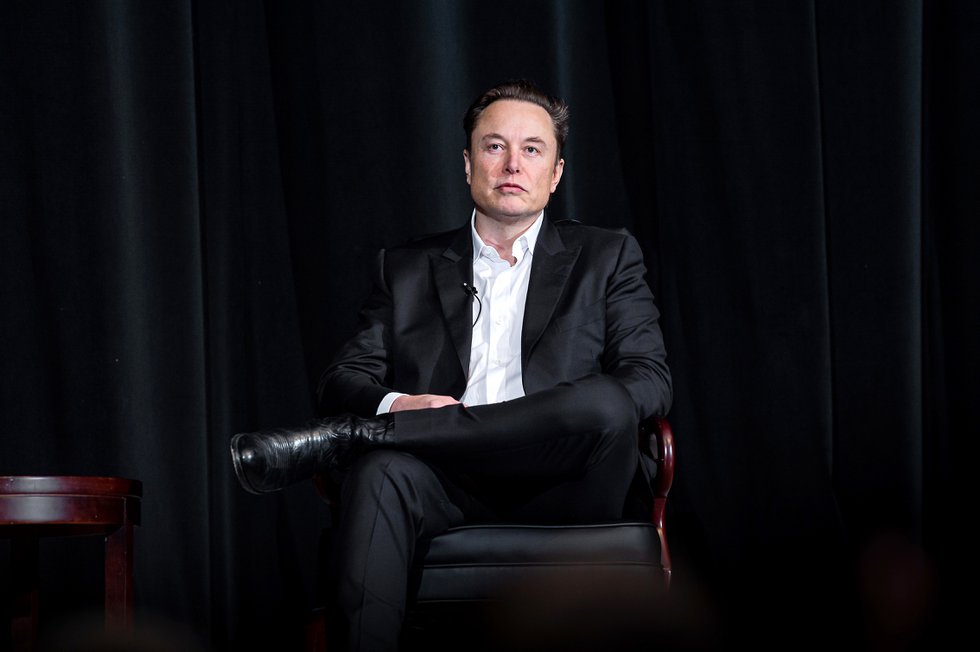On Wednesday, community leaders and advocacy groups here called for more transparency surrounding Elon Musk’s xAI project, a project they openly oppose because of its negative environmental impact and disproportionate effect on minority communities.
These leaders gathered in front of the Downtown Memphis Commission office before a planned private meeting between xAI representative Brent Mayo and the Greater Memphis Chamber. Officials from Protect Our Aquifer, Memphis Community Against Pollution (MCAP), and Young, Gifted & Green released a joint statement saying Mayo has “ignored requests for dialogue and demands for transparency from the community.”
In July, the groups asked city leaders to deny an electricity deal for the project and demanded a public review of the project. A letter from the Southern Environmental Law Center (SELC) outlined community concern and condemned Memphis Light, Gas & Water (MLGW)’s CEO Doug McGowen for approving an electricity deal.
According to SELC, MLGW has requested that the Tennessee Valley Authority (TVA) provide 150 megawatts of power to xAI. SELC said this demand is enough to power 100,000 homes. MCAP and Young, Gifted & Green joined the Sierra Club Tennessee Chapter and the Sierra Club Chickasaw Group in signing the SELC’s letter.
Many condemned the Chamber for its lack of transparency, specifically towards those in the Black community, and said its decision goes against the 17 principles of environmental justice. LaTricea D. Adams, founder, CEO, and president of Young, Gifted & Green, said the Chamber exhibited exclusionary, experimental, and racist practices.
“As a Memphian by choice and birthright I am deeply troubled by the decision made by the [Greater Memphis Chamber] to bring xAI to a Black community with absolutely no community engagement, particularly from the Black residents who will be directly impacted,” Adams said.
Memphis City Council Member Yolanda Cooper-Sutton, representative of District 3, called the company “monstrous” and said it was disappointing to find this out through the media. She said taxpayers deserve to have a seat at the table like the elite of the city.
“We as a people here in Memphis — a predominantly Black city, the poorest of the poorest — have not been allowed to be engaged in this impact that is going to impact our lives, the future of our children, the future of our children’s children, and the future of our children’s children’s children,” Cooper-Sutton said.
Paul Klein, co-chair of the Memphis chapter of the Climate Reality Project, further outlined how minority communities and those living in South Memphis are disproportionately affected by climate change. He said South Memphis has four times the cancer rate compared to the rest of the city and there were 17 toxic release facilities prior to xAI’s announcement.
“We feel that it is imperative to require that xAI put their promises in writing, such as their commitments to enlarge our wastewater treatment plants and then to use only treated wastewater for cooling,” Klein said. “It needs to be in a legally enforceable community benefit agreement.”
KeShaun Pearson, president of MCAP, said the best case scenario is that the Greater Memphis Chamber uses their influence to change how xAI operates in the community and to include the community to influence more sustainable operation. He added they aren’t against economic development but are proponents of ethical operation.
Pearson said they are used to the city making large-scale decisions without consulting with residents. He said he looks at this as an opportunity for the Chamber to “do something different.”
“Unfortunately, this is business as usual,” Pearson said. “We can no longer do business as usual in the city of Memphis, Tennessee. This way of moving does not move us forward. It continuously connects us to fossil fuels. It continuously oppresses the family and communities that need the most support and help.”
Advocates said they will continue to call out organizations that aided in bringing the project to Memphis without the community’s input.

